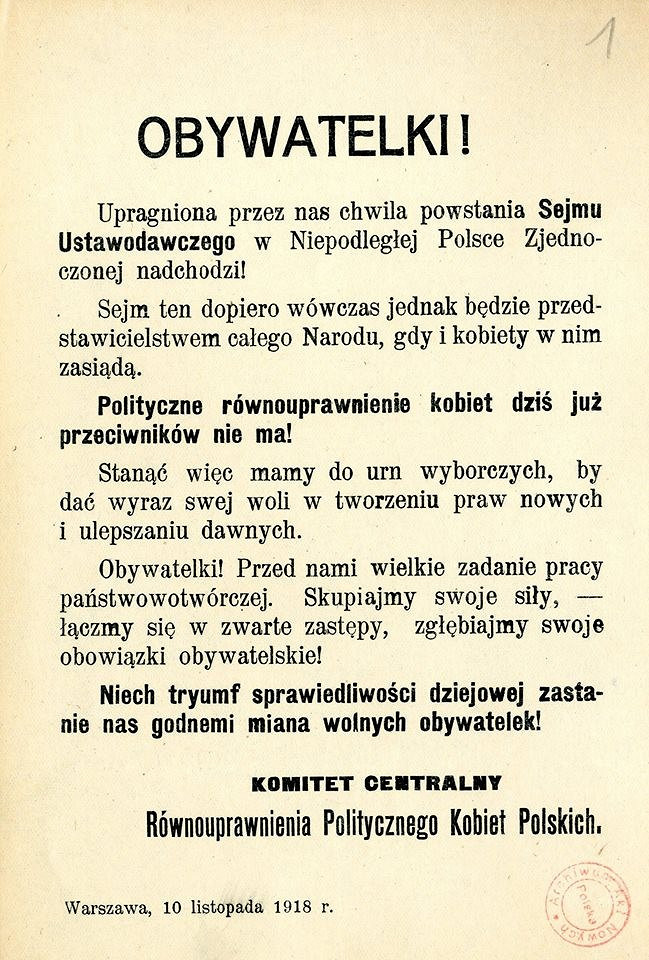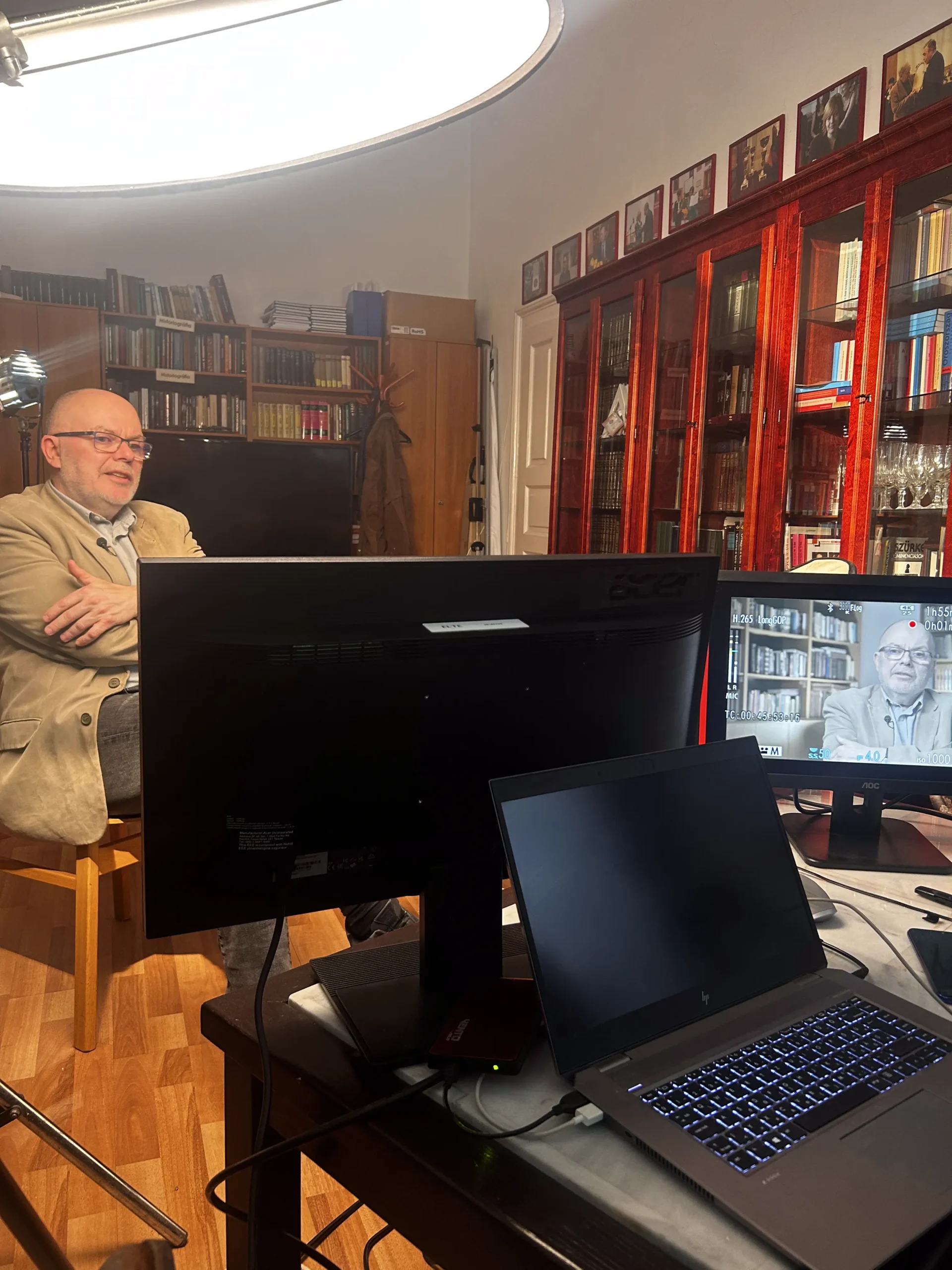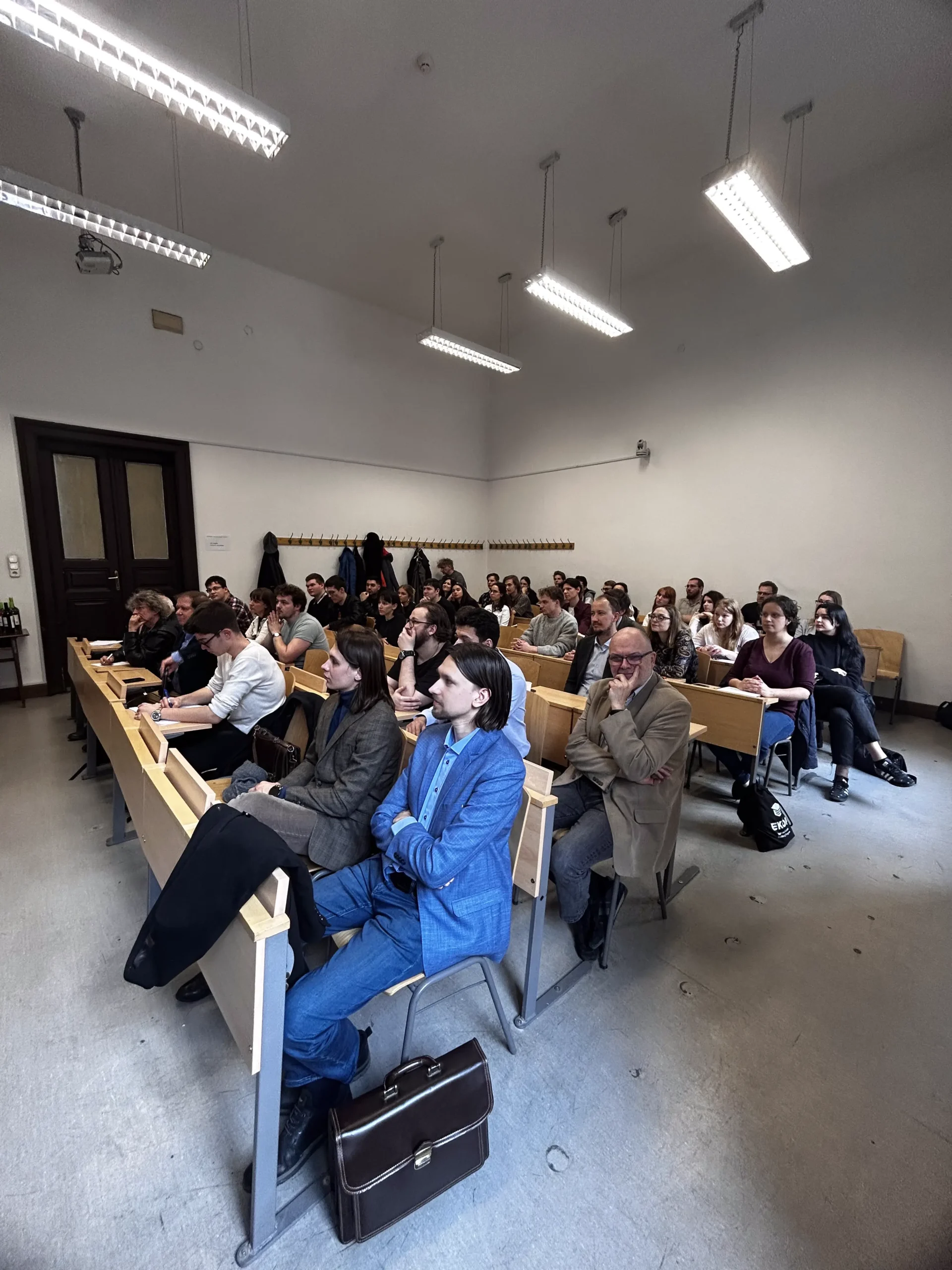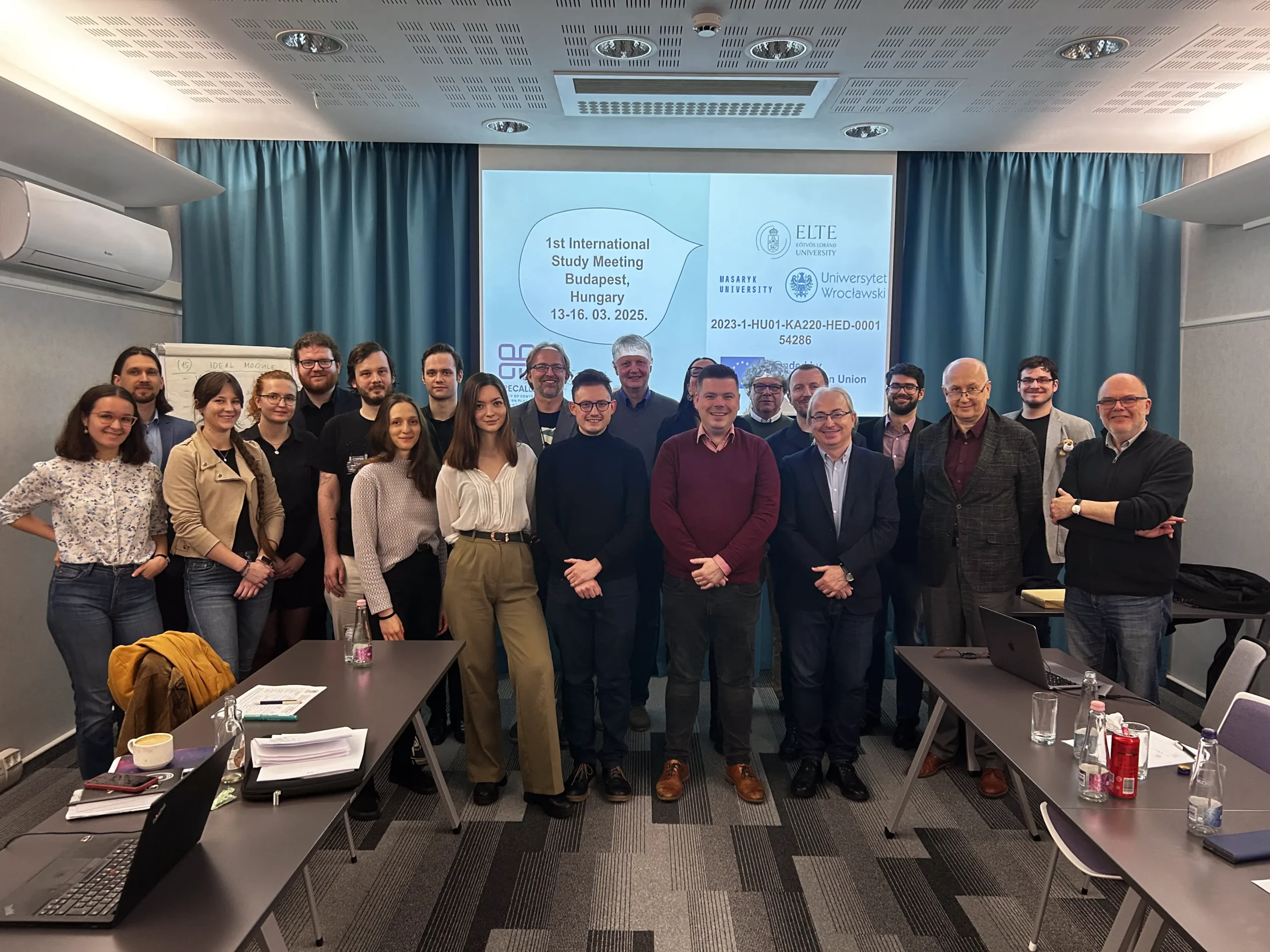Building the democracy of the newly established state – granting voting rights to women in the Second Polish Republic (1918) – Warsaw
Fact of the Polish figure „The arrival of Piłsudski in Warsaw”
Part of the „Creation of the modern states (1918-1920)” topic
In the wake of World War I, Poland rose from the ashes as a newly independent nation. Building a new state called for a fresh start, one built on democratic ideals. In this spirit, a groundbreaking decision was made on November 28th, 1918 – Polish women were granted the right to vote.
The decree on electoral law issued by Józef Piłsudski, Chief of State, included women’s suffrage in the formation of the new republic. It was not only a reflection of the changing attitudes towards gender roles but also an essential component of the democratic ideals Poland was striving to embody.
While women’s voices were finally heard, their representation was initially limited. The first elections to the Legislative Sejm (parliament) in the Second Polish Republic saw only 8 women elected, making up less than 2% of the total. The fight for full political participation continued.
The landmark March Constitution of 1921 finally cemented women’s equal rights to vote and hold office. This was a testament to the ongoing struggle for equality that began with that momentous decision in 1918. Poland, a nation reborn, took a bold step towards a more inclusive and democratic future.





